You are using an out of date browser. It may not display this or other websites correctly.
You should upgrade or use an alternative browser.
You should upgrade or use an alternative browser.
Aquaculture improving?..The Fish Farm Thread
- Thread starter islandboy
- Start date
wildmanyeah
Crew Member
"transition" means the government regulators get hired directly by Industry like Mark Sheppard and Bernie Taekema.
Will see First Nations and ENGO want FF off the water and they got pull so im sure there is going to be less farms in the water in upcomming years then less.
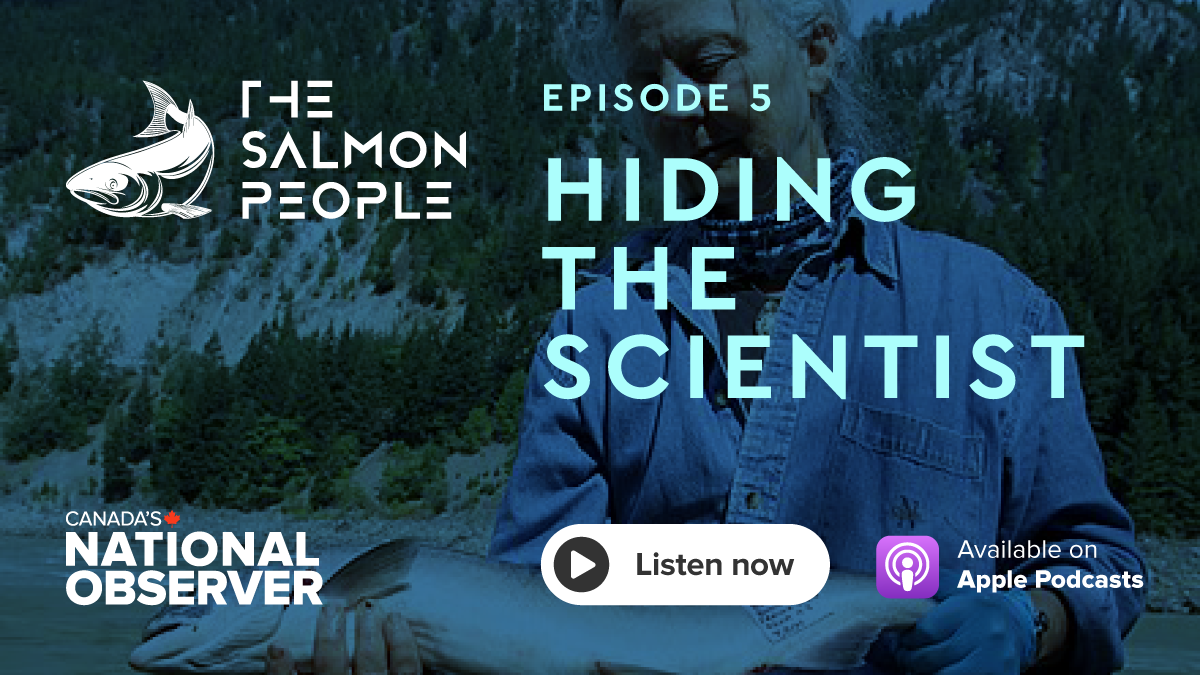
Hiding the Scientist
As her day to testify at the Cohen Commission arrived, Alex Morton was full of adrenaline. She could tell people what she had been seeing with the salmon for the past two decades. And she would reveal what she had found in the 500,000 pages of government documents submitted to the inquiry.
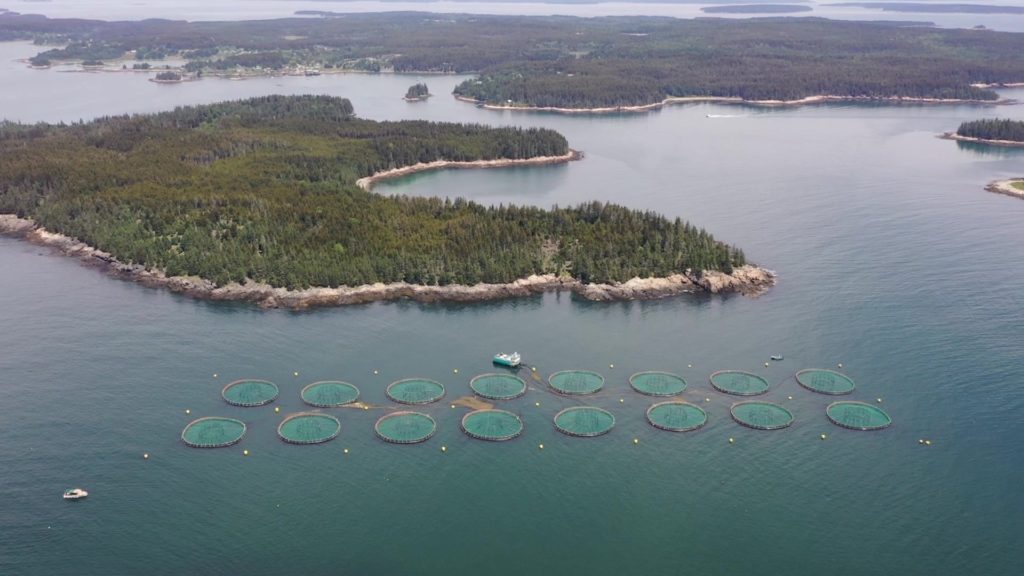
Burgeoning salmon farming industry sparks controversy over pollution and sustainability
There has been a growing appetite around the world for fish. But that growth in demand is raising all kinds of questions and concerns for the industry about sustainability and impact. Science correspondent Miles O'Brien has the first of a two-part look at what's known as "aquaculture."
Pretty much the same recommendations/critiques for the BC transition input:
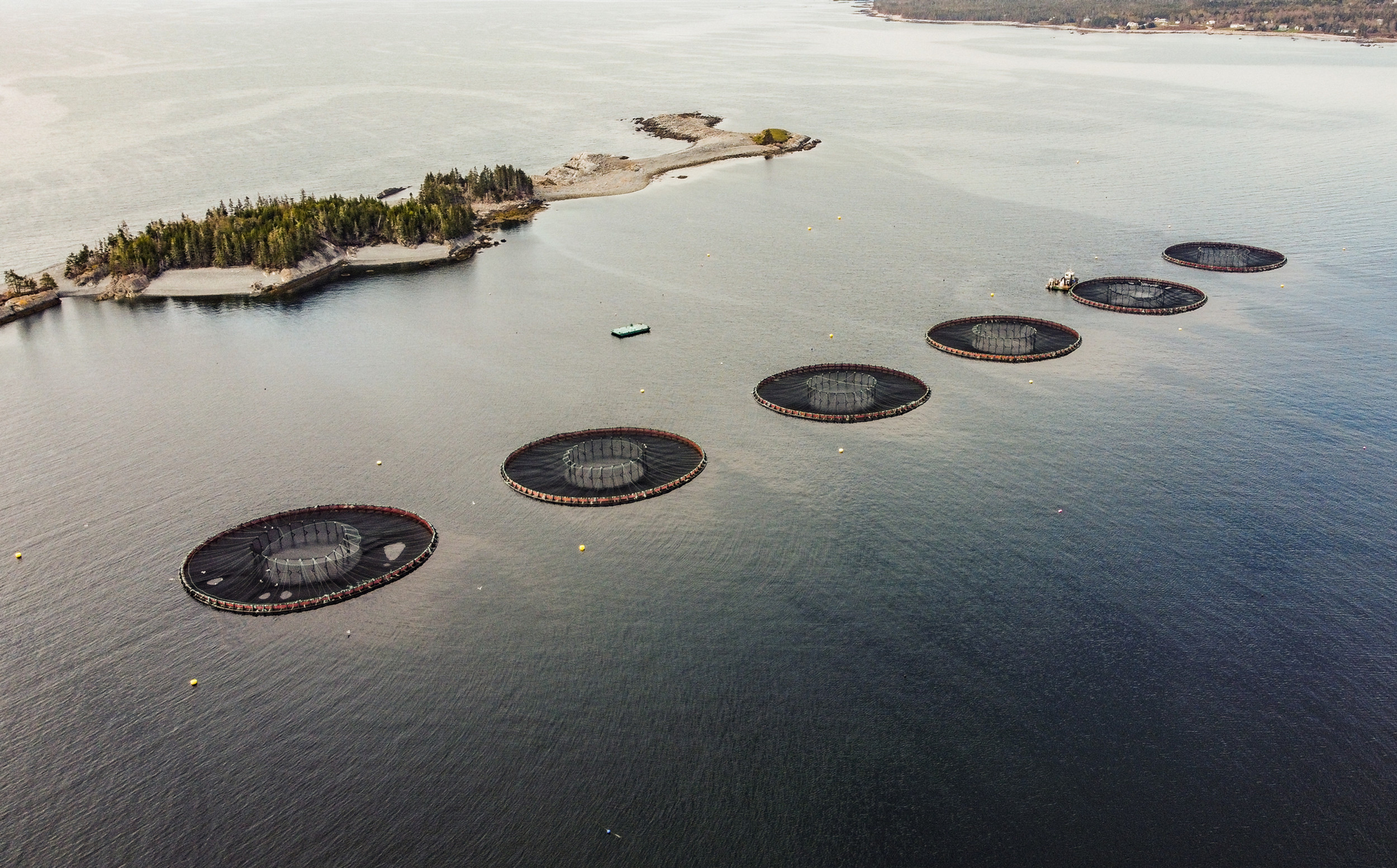
 www.healthybays.ca
www.healthybays.ca
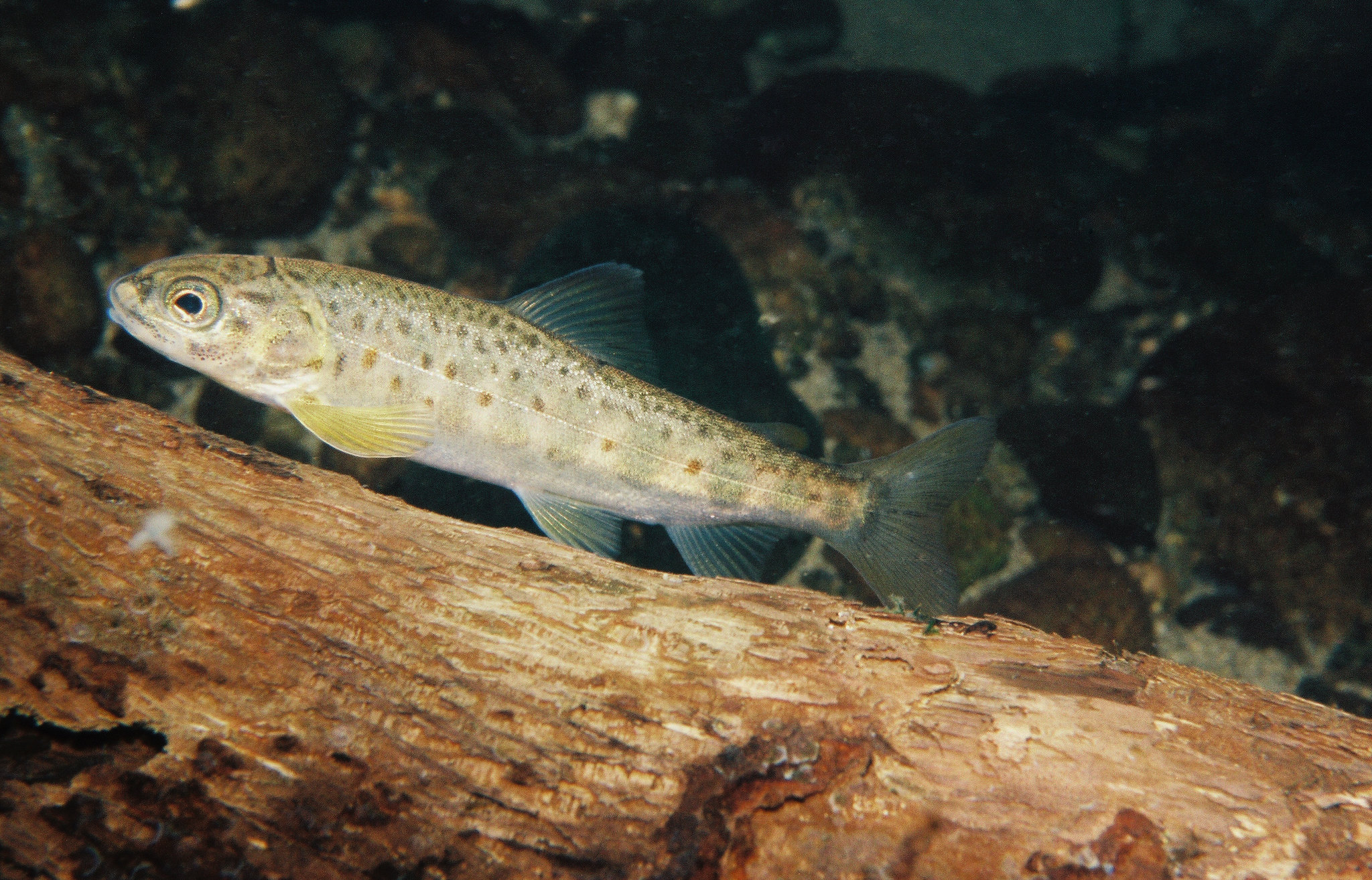
 www.nationalobserver.com
www.nationalobserver.com
As the aquaculture industry pushes for more salmon farming on the East Coast, public comment has opened for Nova Scotians to weigh in.
The province hopes its review, which is already underway, will “identify ways to improve the regulations so they support the low-impact, sustainable growth of the aquaculture industry.” Changes will be implemented in 2023 or 2024.
The public has until Sept. 6 to provide feedback, answering questions such as, “What factors are important to you in how aquaculture is regulated in Nova Scotia?”
At the same time, environmental groups have called for a moratorium on aquaculture expansion, pointing to the federal government’s commitment to phase out open net-pen fish farms in B.C. waters by 2025. The decision out West followed increasing pressure from First Nations and environmentalists concerned about the population decline of wild salmon stocks — a 2020 study found aquaculture in the province more than doubled the risk of finding disease-causing pathogens in wild salmon surrounding pens.
“The promise of a full-blown discussion about whether or not we might want to pause the expansion of this industry has dropped off the table,” he said.
“... It's difficult for folks who live in coastal communities and who experience these operations day to day, and who really care about the local ecosystems and the wild salmon that are there.”
Fears include outbreaks of lice and disease, which have been documented in the province, as well as the potential for those outbreaks to spread to endangered wild Atlantic salmon.
The review should look at how to transition existing open net-pen farms to land, rather than opening more aquaculture farms, said Ryder-Burbidge.
Two companies are looking to expand operations in the province: Kelly Cove Salmon Ltd. and Norway’s Haugland Gruppen.
In February, Kelly Cove had a boundary expansion (meaning, more cages and fish taking up more space) retroactively approved by the Nova Scotia Aquaculture Review Board, which was put in place by the provincial government to hold the aquaculture industry accountable. The approv
wild Atlantic salmon.
The original agreement for the farm near Digby allowed for three to four cages and 120,000 fish. But Kelly Cove admitted at the hearing it has had 20 cages and 660,000 fish since 2004. The province has long been aware of the high numbers but never penalized the company, which applied for the expansion in 2016. The company welcomed the judgment and said the decision shows its operations have “no environmental impact.”
August 11th 2022

Regulatory Review | Healthy Bays Network
It's election season in Canada. Here's how you can take action!

Nova Scotia wants public to weigh in on fish farming as industry aims to expand in East Coast waters
At the same time, environmental groups have called for a moratorium on aquaculture expansion, pointing to the federal government’s commitment to phase out open net-pen fish farms in B.C. waters by 2025.
Nova Scotia wants public to weigh in on fish farming as industry aims to expand in East Coast waters
By Cloe Logan | News | August 11th 2022As the aquaculture industry pushes for more salmon farming on the East Coast, public comment has opened for Nova Scotians to weigh in.
The province hopes its review, which is already underway, will “identify ways to improve the regulations so they support the low-impact, sustainable growth of the aquaculture industry.” Changes will be implemented in 2023 or 2024.
The public has until Sept. 6 to provide feedback, answering questions such as, “What factors are important to you in how aquaculture is regulated in Nova Scotia?”
At the same time, environmental groups have called for a moratorium on aquaculture expansion, pointing to the federal government’s commitment to phase out open net-pen fish farms in B.C. waters by 2025. The decision out West followed increasing pressure from First Nations and environmentalists concerned about the population decline of wild salmon stocks — a 2020 study found aquaculture in the province more than doubled the risk of finding disease-causing pathogens in wild salmon surrounding pens.
“The promise of a full-blown discussion about whether or not we might want to pause the expansion of this industry has dropped off the table,” he said.
“... It's difficult for folks who live in coastal communities and who experience these operations day to day, and who really care about the local ecosystems and the wild salmon that are there.”
Fears include outbreaks of lice and disease, which have been documented in the province, as well as the potential for those outbreaks to spread to endangered wild Atlantic salmon.
The review should look at how to transition existing open net-pen farms to land, rather than opening more aquaculture farms, said Ryder-Burbidge.
Two companies are looking to expand operations in the province: Kelly Cove Salmon Ltd. and Norway’s Haugland Gruppen.
In February, Kelly Cove had a boundary expansion (meaning, more cages and fish taking up more space) retroactively approved by the Nova Scotia Aquaculture Review Board, which was put in place by the provincial government to hold the aquaculture industry accountable. The approv
wild Atlantic salmon.
The original agreement for the farm near Digby allowed for three to four cages and 120,000 fish. But Kelly Cove admitted at the hearing it has had 20 cages and 660,000 fish since 2004. The province has long been aware of the high numbers but never penalized the company, which applied for the expansion in 2016. The company welcomed the judgment and said the decision shows its operations have “no environmental impact.”
August 11th 2022

- Cloe Logan
- Reporter
- @CloeILogan
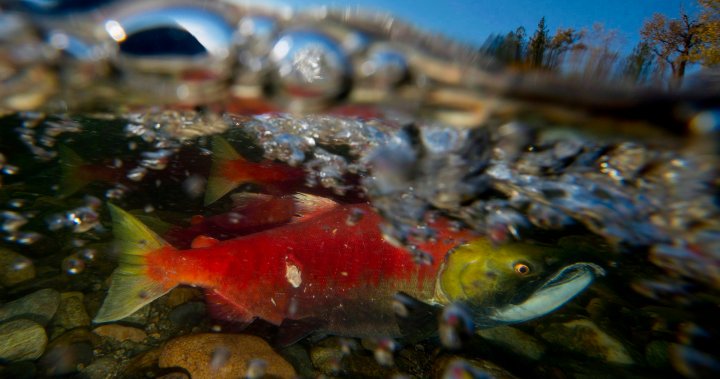
Woeful Fraser River sockeye run renews fish farm debate | Globalnews.ca
Test fisheries for the region are abysmal and it's reopened the debate over the impact of fish farms that once populated the waters of discovery passage.
I agree that assertions need to be backed-up with data. Accurate escapement data needs to be combined with results from pathogen testing on adjacent wild stocks - and not hidden for 10 years thru a veto that industry holds on DFO publishing like the PRv and mouth rot risk assessments/data.What about the farms that are still in the BA ? Don't forget that the Campbell , Salmon, Keogh and Quatse are all looking good and they still have farms in full operation near by.................................... so may variables.
But that's where it gets unfortunately problematic - testing and real-time release of those data are not a condition of licence for the FF industry. The testing is often ad hoc - if at all. And when a correlation is found between mortality levels and pathogen levels the industry shrills trot-out the "correlation does not mean causation" argument. Technically correct and yet also incomplete and purposely misleading. It may instead indeed mean causation. But how do we "prove it"?
That is always the proponents responsibility in any actual environmental assessment - except here, of course where again the industry shrills & lobbyists reverse the burden of proof - and the industry has been allowed to avoid scoping or the determination of the boundary of potential effects.
Our only real hope as I see it is the research being done by independent researchers such as: Di Cicco, Riddell, Miller-Saunders, Mordecai, et al.
wildmanyeah
Crew Member
ocean survival for pinks was obviously extremely high if first nations caught 18 in the fraser river on an even year
Must of been a convoy on Aug 14th preceded and followed by zeros and onezies. Interesting pattern for sure.ocean survival for pinks was obviously extremely high if first nations caught 18 in the fraser river on an even year
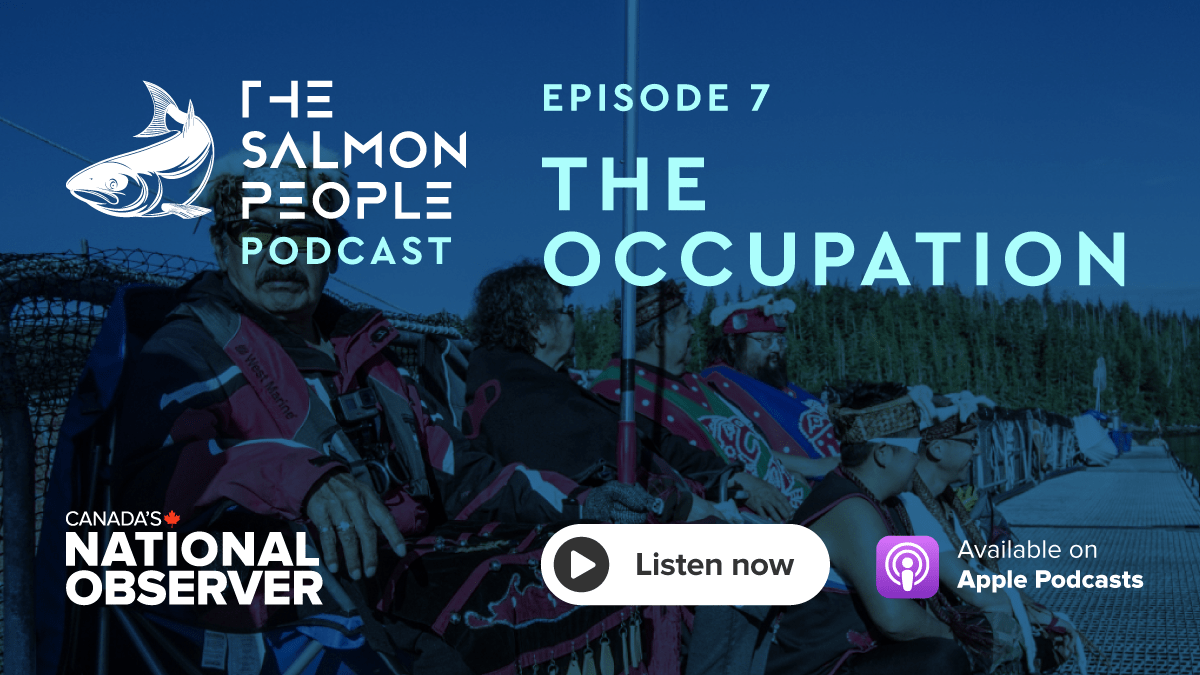
The Occupation
Alex and Hereditary Chief George Quocksister Jr. used GoPro cameras and divers to record what was happening underneath the fish farms. When the footage was shown to First Nations communities, there was shock and sadness, then anger.
wildmanyeah
Crew Member
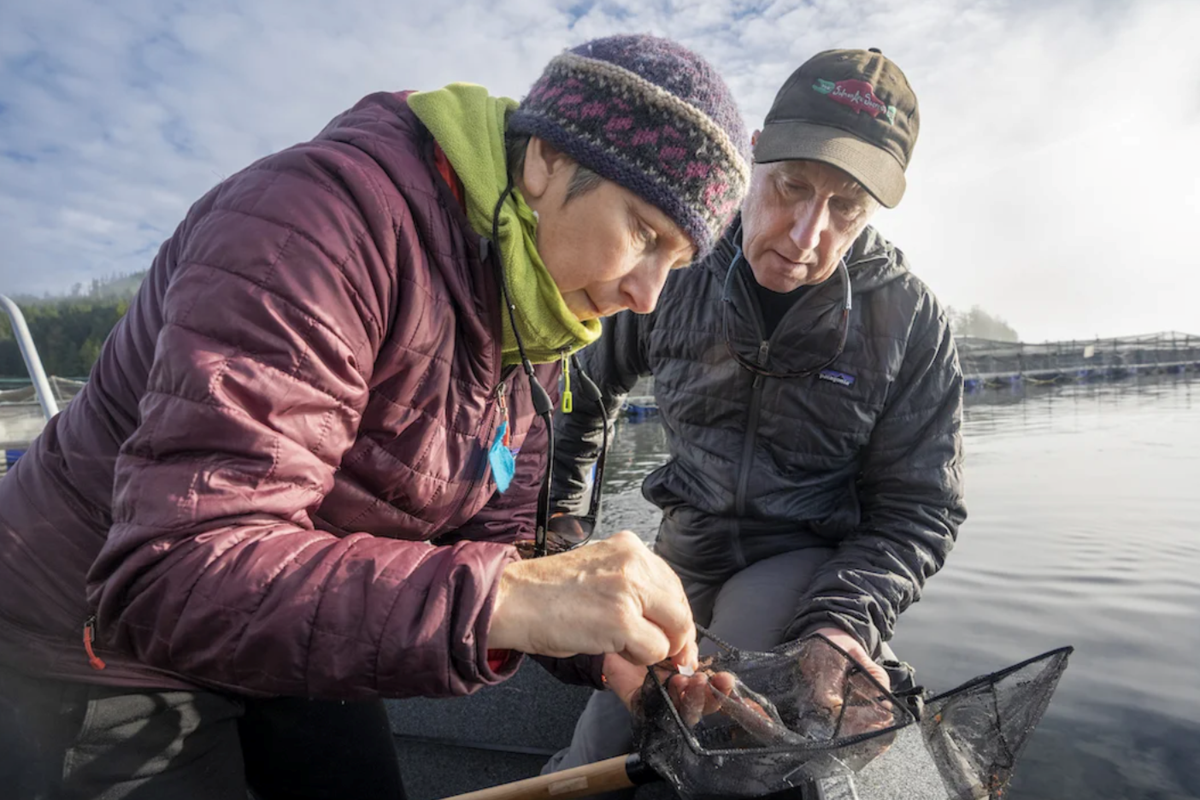
Ottawa is scaling back its promise to phase out open net-pen salmon farms, critics say
Fisheries Minister Joyce Murray has a mandate to transition away from open net-pen salmon farms by 2025.
 www.delta-optimist.com
www.delta-optimist.com
PSF report summarizes evidence of risks open-net salmon farms pose to wild salmon
PSF’s Salmon Health team developed a summary report on the collective body of evidence, based on scientific research, of how open-net salmon farms affect salmon health and disease. It summarizes the collective body of evidence of risks that open-net salmon farms pose to wild salmon. It may serve as a useful tool in engagement and decision-making during the lead-up to transitioning from open-net salmon farms.
Click here to read the summary report
Our research found that T. maritimum detection rates in juvenile Fraser River sockeye peaked as the fish migrated past the Discovery Islands[36]. Spatial/epidemiological models, fit to T. maritimum incidence data, suggest salmon farms in the Discovery Islands are the strongest source of T. maritimum infection along the Fraser River sockeye migration route [37]. Further, population-level sampling of wild salmon in their first year of marine residence, shows that T. maritimum infection is associated with decreased marine survival for Chinook and reduced body condition (“skinny” fish) in Chinook and coho[35]; this is one of the most consistent patterns across infective agents we studied[35]. Together, this evidence suggests that salmon farms elevate levels of T. maritimum in the marine environment, Fraser River sockeye become infected with T. maritimum as they pass salmon farms in the Discovery Islands, and Chinook and coho may suffer population-level impacts due to T. maritimum infection[35].
Salmon Farm Removals: Progress Report
At Living Oceans, we’re living the process of salmon farm removal daily. For readers who are following at a more sane distance, we’ll begin with a short recap of the progress to date: In the Broughton Archipelago, near Port Hardy and Port McNeill, First Nations are leading the removal process...
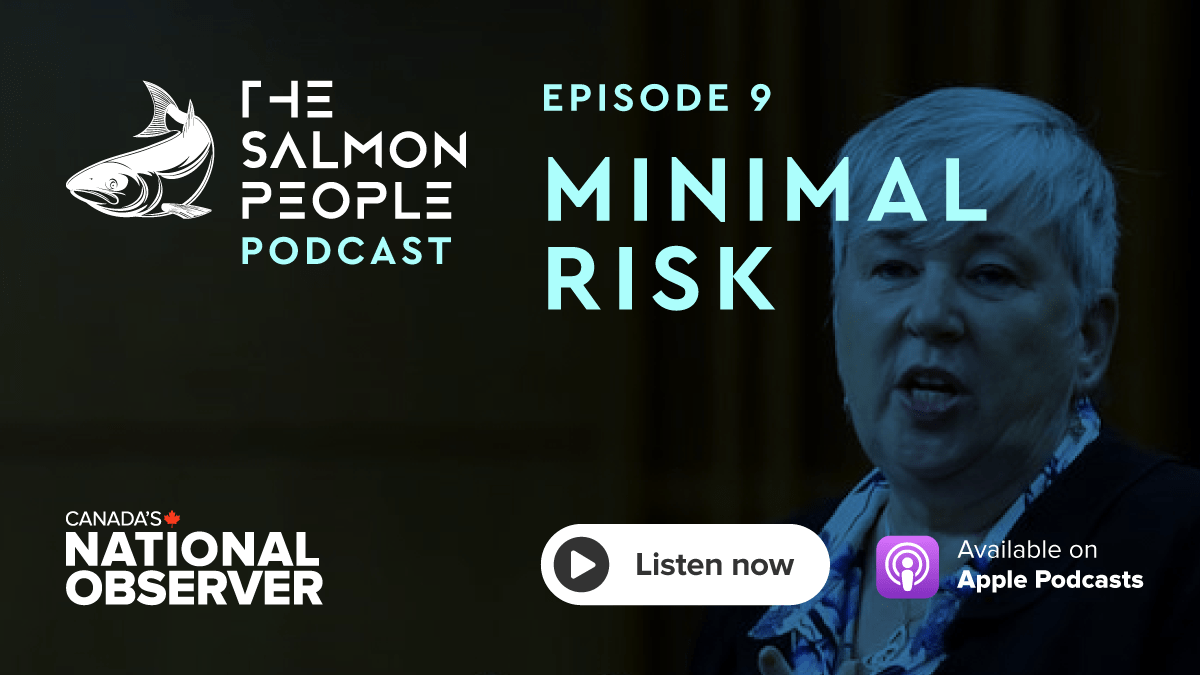
Minimal Risk
The Fisheries and Oceans minister, following a recommendation from the Cohen Commission, orders fish farms in the Discovery Islands to close. By 2023, they will be gone. The industry — Mowi and Cermaq go to court to challenge the decision. The court rules in their favour. But it isn’t a done...
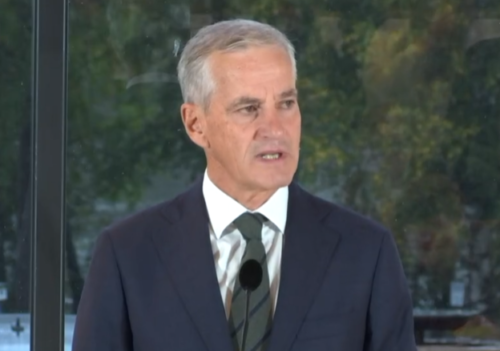
The Norwegian government proposes a 40 per cent resource rent tax
Mowi is hard hit by new tax. The world’s largest salmon farmer, Mowi, sees its share price plunge 14 percent just after the Oslo Stock Exchange opens on Wednesday morning. “The Norwegian government proposes to introduce a resource tax on salmon and trout farming of 40 per cent with effect from...
 salmonbusiness.com
salmonbusiness.com
https://salmonbusiness.com/was-ther...off-the-valuation-of-listed-salmon-companies/ Rats fleeing a sinking ship?
Similar threads
- Replies
- 0
- Views
- 447
- Replies
- 5
- Views
- 731
- Replies
- 12
- Views
- 2K
- Replies
- 0
- Views
- 227
